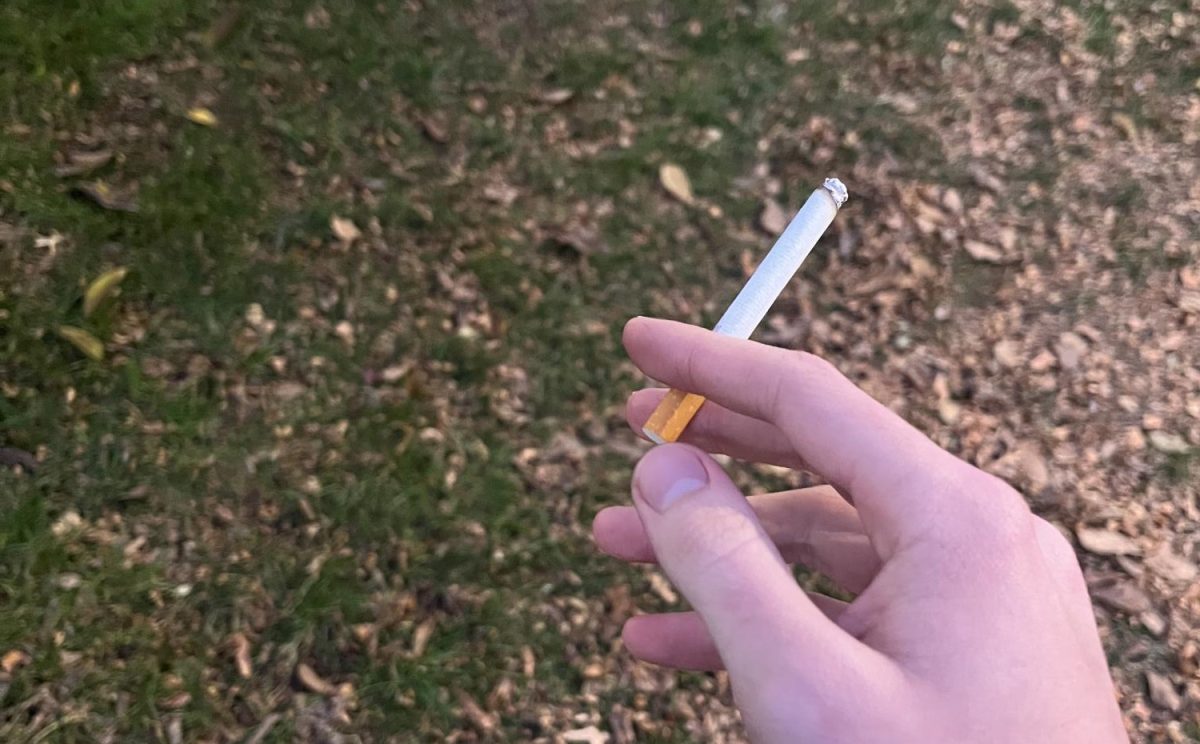
By Margarita Artoglou
As college students, we have a lot to do, a lot to think about and a lot to pay for. Student debt is constantly a hot topic of conversation.
Despite more and more students being unable to foot the bills for college tuition, more and more expectations are being placed upon their shoulders.
All colleges like to tout their study abroad programs and internship opportunities as selling points to prospective students, even though the real focus should be placed on the reason students go to college in the first place: the degree.
However, in today’s world, completing a four-year degree is no longer enough to make students viable candidates for competitive jobs.
Recently, there seems to be a surge in college students doing things for the experience. Things like traveling abroad, going on volunteer trips in foreign countries and working at unpaid internships are examples of things that cost time and money but have become so commonplace that a resume without them seems almost lackluster.
Most students at Fordham have an unpaid internship at some point, providing companies with free labor in exchange for a few lines on their resume and maybe a recommendation. And service trips are increasingly popular: it is all too easy to find a poster promoting a Global Outreach trip on campus.
Partaking in these activities is great for those who have the time and money to do so, but lately it seems like there is more pressure among college students to have more experiences to put on a resume.
We spend years in our classes, working toward our degrees, all for the purpose of landing a good job after we graduate.
Now, that degree will not be enough. Instead, we are expected to embellish our resumes with free labor and expensive trips.
This trend is perpetuating an unfair burden that has been placed on students already on a tight budget to shell out the cash for a volunteer trip or give up time that could be spent working for money to help pay the increasingly expensive cost of attending college.
I spent this past summer working my first job at a debate camp, where I did my best to teach middle school students about current events. During the school year, after my classes and on some weekends, I headed over to my old high school to coach the debate team there. My experiences do not make for very sensationalized stories, but I still feel that I learned a lot from the kids I taught and the other teachers I worked with. I may not have gained much in terms of sight-seeing, since I never left the camp’s home base in New Jersey and my high school is right here in the Bronx, but I came to understand my own capabilities a little bit better.
The job was neither glamorous, nor directly related to any kind of job I hope to have in the future, but I gained so many skills that I have already applied to my every day life. Plus, I was able to make some money for my efforts.
We, as a society, need to rediscover the benefit of students taking minimum wage jobs. In today’s job market, it feels intimidating to go up against job candidates who have spent time working in a similar office (for free) if the only experience you have is working in retail.
But this is the most practical way to get real job experience in a way that is more reasonable for students. A regular, paid part-time or summer job at a store or restaurant or camp can make students more responsible, improve their time management and organization and increase their work ethic.
Additionally, these jobs allow students to help pay their tuition bills. But the importance of minimum wage jobs is currently downplayed in favor of more prestigious opportunities, despite their equal abilities in instilling essential job skills in students.
The attitudes of an entire generation of employers and potential employees will be hard to alter. However, more respect should be afforded to the degree itself, and the experiences of students who work part-time jobs should be more valued.






































































































































































































